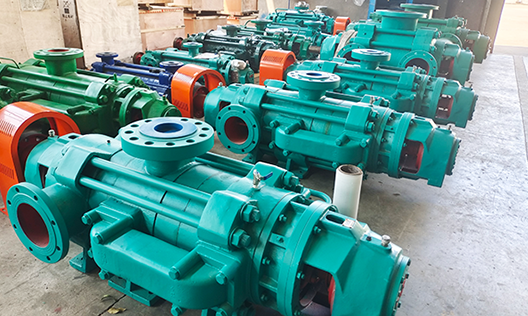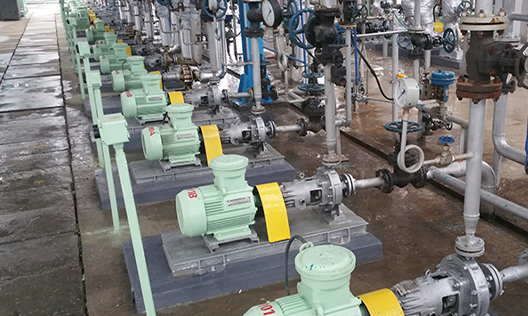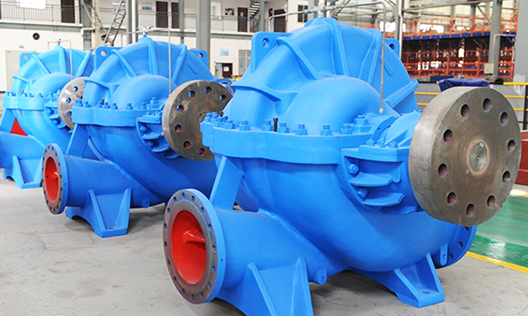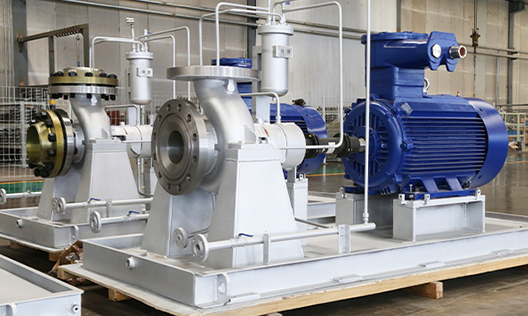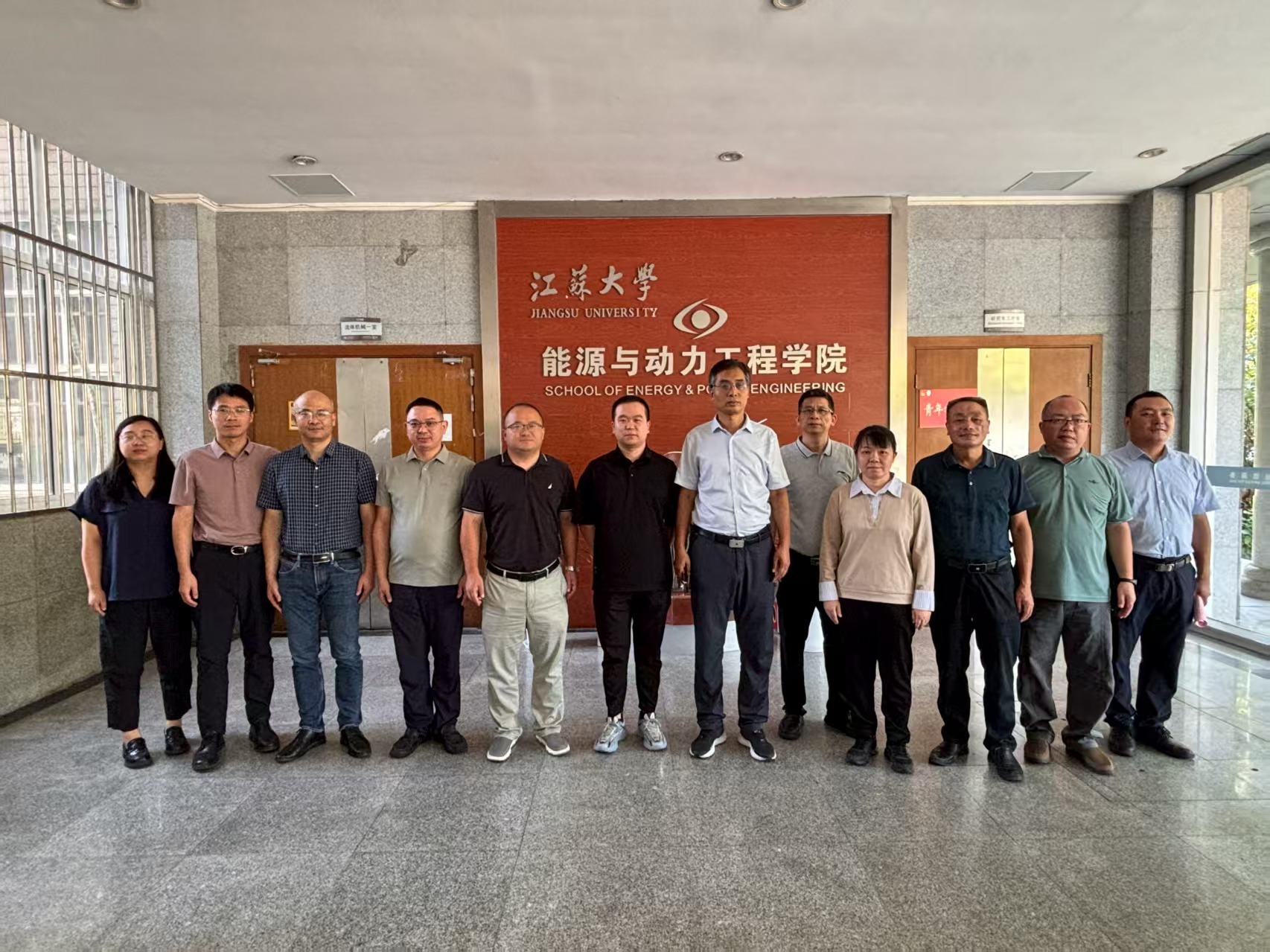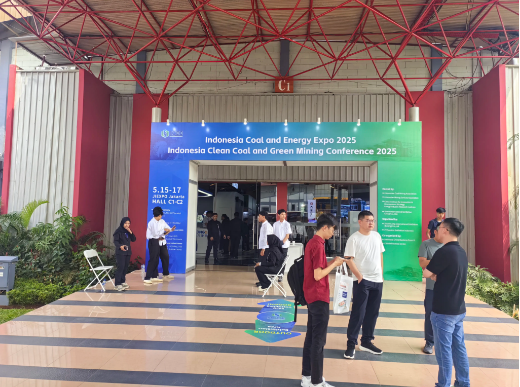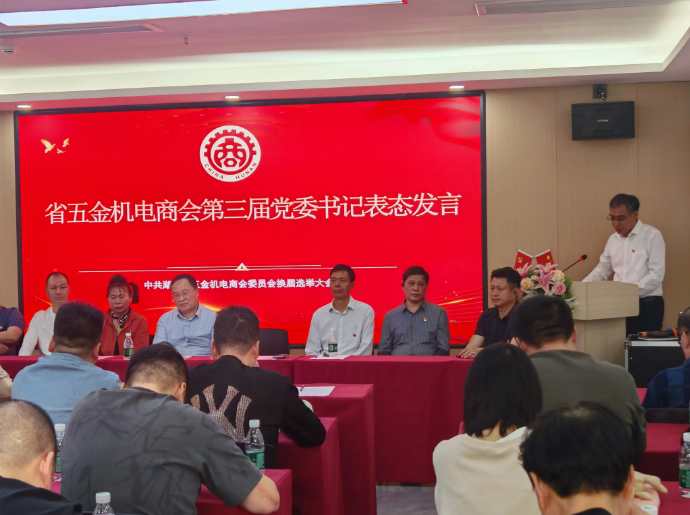In the petrochemical industry, the commonly used pumps are called Oil pump And Chemical pump , often placing relatively high demands on pumps; the industry commonly adopts API610 Standard chemical pump , common ones include BB4 Segmented multistage centrifugal pumps and BB3 Centrifugal multistage pumps with mid-open designs are essential fluid-handling equipment in the petrochemical industry. Therefore, Multistage centrifugal pump As one of the core pieces of equipment, its operational stability and efficiency are crucial to the entire production process. However, during prolonged operation, multi-stage centrifugal pumps may experience various types of failures, impacting both production efficiency and product quality. In this article, we introduce Changsha, the manufacturer of multi-stage centrifugal pumps. China United Pump Industry We will provide a detailed introduction to common failures of multistage centrifugal pumps in the petrochemical industry, along with their corresponding solutions.
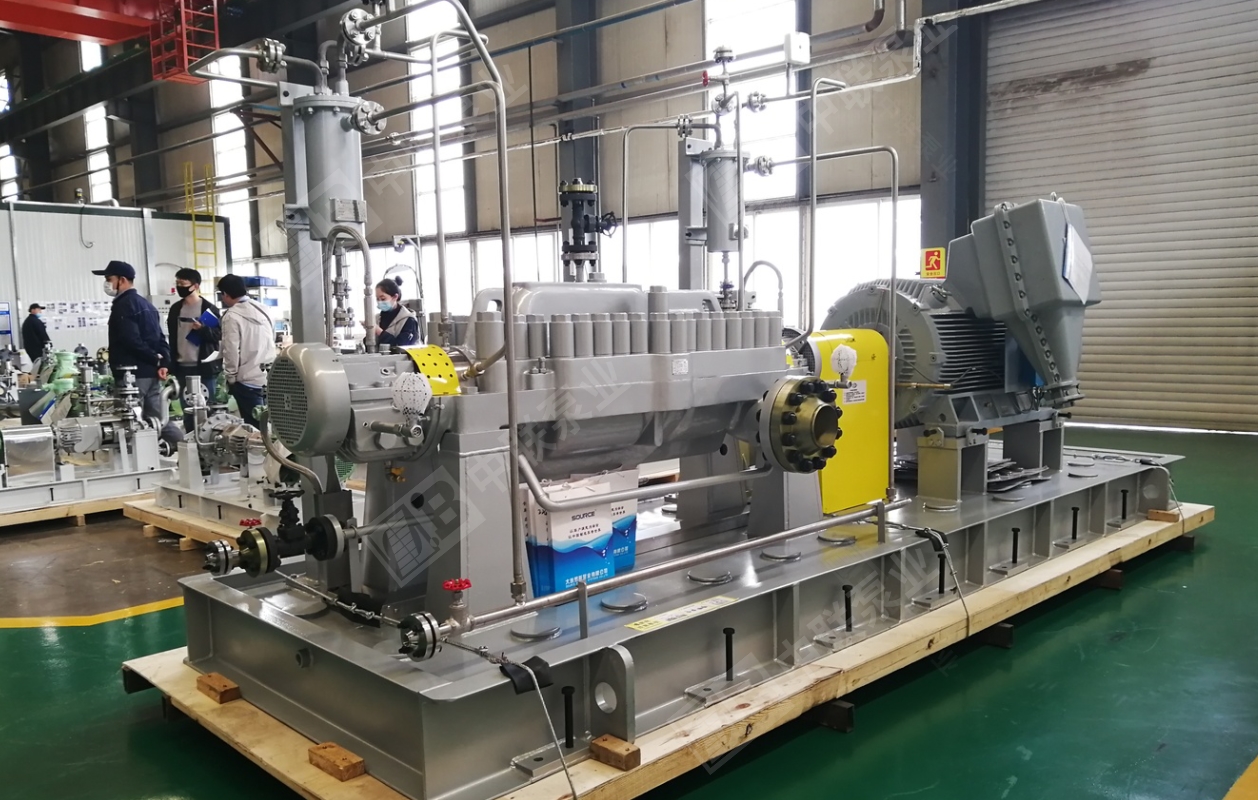
|
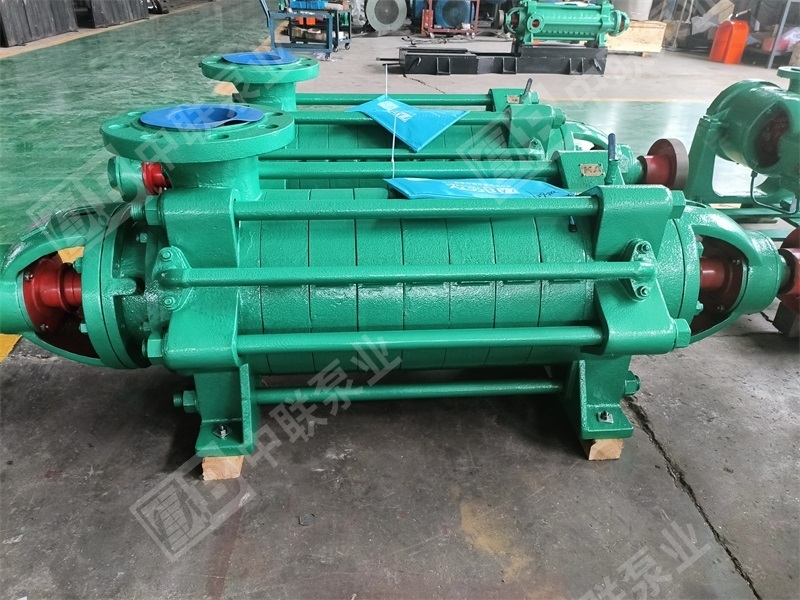
BB4 Structure Multi-Stage Multistage Centrifugal Pump |
I. Common Faults and Their Causes
1. Insufficient traffic
Reasons: Impeller wear, insufficient speed, pipeline blockage, and more.
Solution:
Inspect the impeller for wear, and replace it promptly if any wear is found.
Check whether the motor speed meets the requirements, and adjust the speed if necessary.
Clear the pipes to ensure they remain unobstructed.
2. Noise and Vibration
Reasons: Pump imbalance, bearing wear, or looseness, among others.
Solution:
Check the pump's balance condition; if imbalance is detected, corrective action should be taken.
Inspect the bearings for wear and looseness, and replace or tighten them promptly as needed.
3. Leak
Reasons: Aging seals, damaged shaft seals, and more.
Solution:
Check the seals for wear, and replace them promptly if any wear is found.
Inspect the shaft seal for damage; if any issues are found, repair or replace it accordingly.
4. The temperature is too high.
Reasons include insufficient lubrication, excessive wear, or improper design, among others.
Solution:
Check the lubrication condition and ensure that there is sufficient, clean lubricant or grease.
Inspect the pump for wear conditions, and if excessive wear is found, repair or replace it promptly.
Check whether the pump design is reasonable, and make improvements if issues are found.
II. Preventive Measures and Daily Maintenance
To prevent failures in multistage centrifugal pumps, petrochemical enterprises should strengthen the daily maintenance and inspection of equipment.
1. Regular check-ups:
Regularly monitor the pump's operating condition, including parameters such as vibration, noise, and temperature. If any abnormalities are detected, immediately stop the machine for inspection.
2. Disassembly and inspection:
Every year, or according to usage conditions, disassemble and inspect the multistage centrifugal pump, paying particular attention to wear-prone components such as the impeller, bearings, and sealing rings. If any wear or damage is detected, replace them promptly.
3. Keep it clean:
Keep the multistage centrifugal pump and its surrounding environment clean to prevent debris from entering the pump and affecting its operation.
4. Lubricant Management:
Regularly inspect and replace the lubricating oil in the bearing housing to ensure proper bearing operation.
5. Sealing inspection:
Check the sealing condition, and if there is any leakage, replace the seals promptly.
6. Anti-corrosion treatment:
Multistage centrifugal pumps in the petrochemical industry are prone to corrosion, so regular anti-corrosion treatments, such as applying rust-proof paint, should be carried out.
7. Idle maintenance:
For idle multistage centrifugal pumps, regular rotation is recommended to prevent parts inside the pump from seizing or rusting due to prolonged inactivity.
8. Operating Procedures:
Operators should strictly follow the operating procedures to avoid equipment damage caused by misoperations. Regularly train operators to enhance their skill levels and safety awareness.
Additionally, by leveraging modern monitoring technologies—such as installing sensors to continuously track critical pump parameters (like vibration, temperature, and flow)—it’s possible to proactively identify potential issues, enabling timely interventions that prevent failures. This predictive maintenance approach not only enhances equipment reliability but also helps reduce maintenance costs.
In summary, the petrochemical industry faces a wide variety of failure types in multistage centrifugal pumps. Enterprises should analyze and address these issues based on their specific circumstances. By strengthening equipment maintenance and inspection efforts, we can ensure the stable operation of multistage centrifugal pumps, thereby enhancing both production efficiency and product quality. If you have any questions about multistage centrifugal pumps or require further assistance, please don’t hesitate to contact us: 15616442288 (WeChat is the same number), we look forward to providing you with professional support and services.
Previous:
Recommended Information


